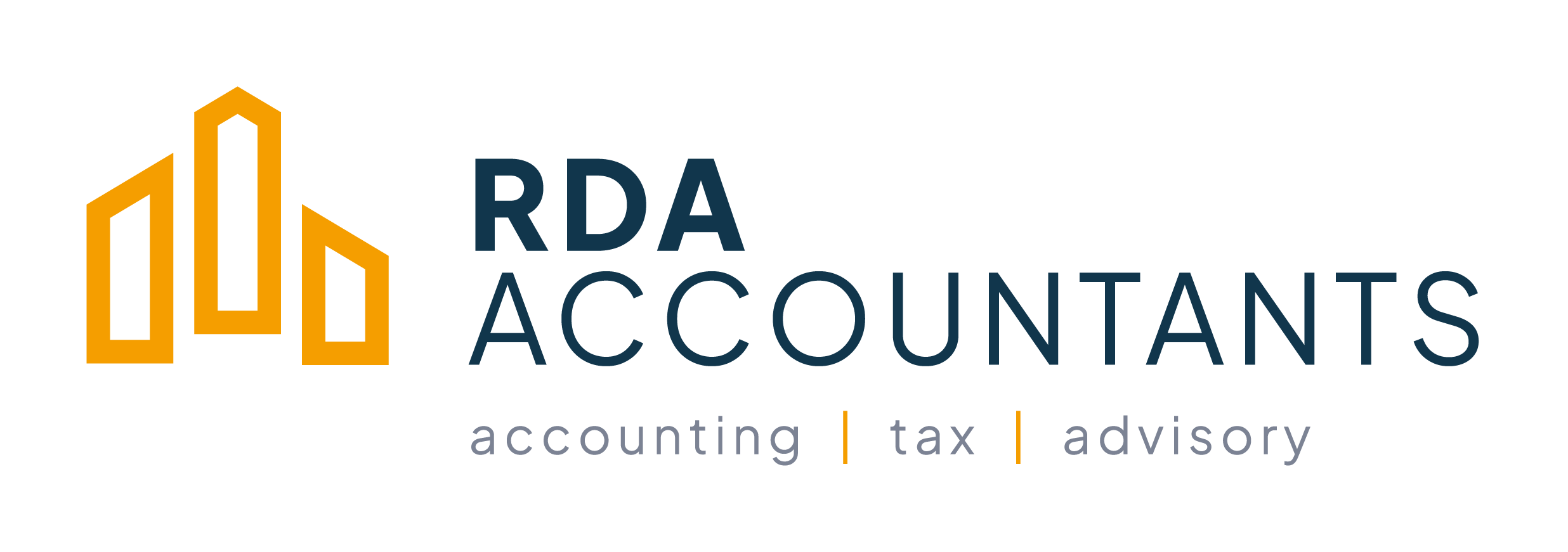As a business owner, tax season can be a stressful and overwhelming time. However, with proper...
The Basics of Tax Planning for Small Businesses
As a small business owner, you must understand the basics of tax planning to minimise your tax liabilities and maximise your profits. Tax planning is the process of organising your finances in a way that reduces your tax liabilities. By taking advantage of deductions, credits, and exemptions, you can lower your taxable income and pay less in taxes. In this article, we'll cover the fundamental principles of tax planning for small businesses.
Understanding Tax Planning
Tax planning is an ongoing process that should be done throughout the year, not just at tax time. The goal is to identify opportunities to reduce your tax liabilities and maximise your profits. By understanding the basics of tax planning, small business owners can make informed decisions that benefit their bottom line.
Record-Keeping
One of the most important aspects of tax planning is record-keeping. Small business owners need to keep accurate and up-to-date records of all their financial transactions, including income, expenses, receipts, and invoices. By keeping accurate records, you can claim all the deductions and credits you're entitled to, and you'll be prepared in case of an audit. Furthermore, keeping accurate records will allow you to identify areas where you may be able to reduce expenses and increase profits.
Deductions
Deductions are expenses that can be subtracted from your taxable income. As a small business owner, you're entitled to claim deductions for any expenses that are necessary for your business. This includes things like office rent, utilities, equipment, and supplies. Keep in mind that not all expenses are deductible, so it's essential to understand what you can and cannot claim. A tax professional can help you identify which deductions are available to you.
Credits
Credits are euro for euro reductions in your tax bill. There are many different tax credits available for small businesses, including the research and development credit, the work opportunity credit, and the small employer health insurance credit. It's important to research all the credits available to you and take advantage of them when possible. Some credits are refundable, meaning you can receive a refund even if you don't owe any taxes.
Consult a Professional
Tax planning can be complex, and the tax laws are constantly changing. It's a good idea to consult a tax professional who can help you navigate the tax code and maximise your tax savings. A tax professional can also help you identify areas where you may be at risk for an audit. They can also provide guidance on how to structure your business to minimise your tax liabilities.
Plan Ahead
It's never too early to start planning for your taxes. By being proactive, you can make informed decisions that benefit your business. You should begin by setting up a system for record-keeping that works for you. This could be a spreadsheet, accounting software or an online tool like Notion. You should also keep track of any deadlines, such as quarterly tax payments or filing dates.
The Importance of Accuracy
When it comes to tax planning, accuracy is crucial. Any errors or omissions could lead to penalties or fines. That's why it's essential to keep your records up-to-date and accurate. You should also double-check all your calculations and seek help from a professional if you're unsure about anything.
Stay Up-to-Date
Tax laws are constantly changing, so it's important to stay up-to-date with any new legislation. You can do this by subscribing to tax newsletters, following tax-related social media accounts, or attending tax seminars.
Conclusion
In conclusion, tax planning is an essential aspect of running a small business. By understanding the basics of tax planning, you can minimise your tax liabilities and maximise your profits. Remember to keep accurate records, take advantage of deductions and credits, consult a professional when needed, plan ahead, and stay up-to-date with any new legislation. With these principles in mind, you'll be well on your way to a successful tax season.



